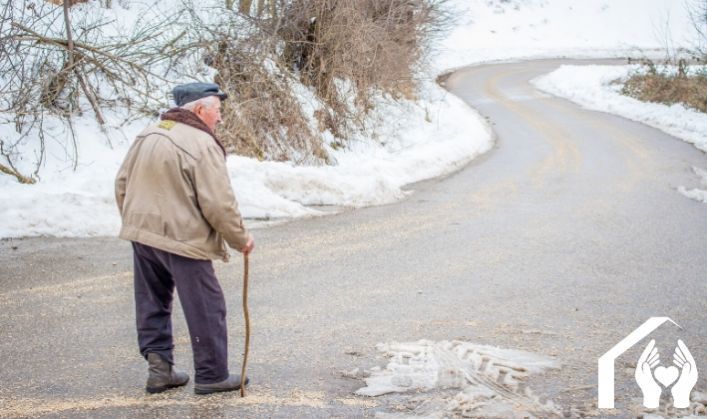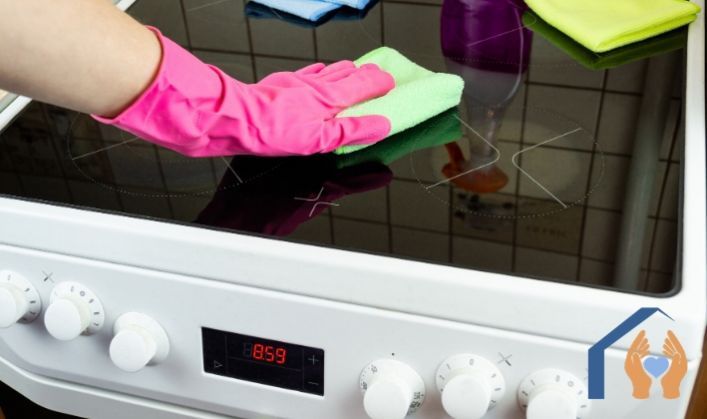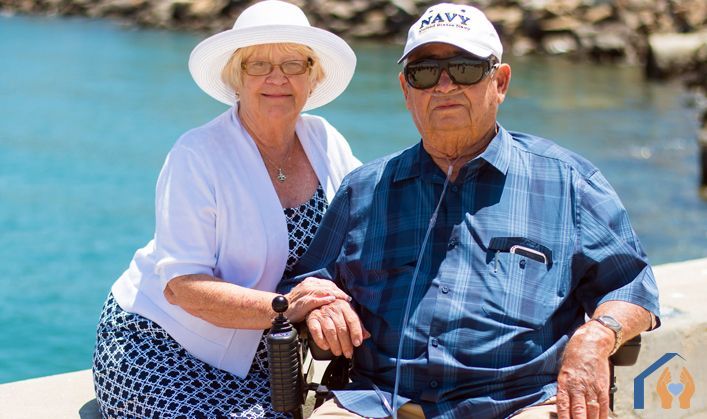-
February 05, 2020
As the weather starts to get chilly and the snow starts to fill the streets, it is time to start thinking about the seniors who live home alone. The cold weather is a dangerous time if precautions are not taken, especially in seniors
According to current reports, seniors and those living alone are among the most at risk for hypothermia. Our home health care Omaha professionals would like to share some cold safety tips for seniors and how to keep them warm.
What is hypothermia?
Hypothermia is when your body loses its heat fast and leaves your body at extremely low temperatures. The body’s average body temperature is 98.6 degrees, but with hypothermia, the temperature falls to below 95 degrees.
The cause of hypothermia is out in the cold for an extended time. Low body temperatures are dangerous to anyone because your organs and nervous systems are not working correctly. If left untreated, it can result in heart failure or even death.
Early warning signs for hypothermia
On your next visit to see your elderly loved one, look out for these early warning signs for hypothermia:
-
Shivering
-
Slurred speech
-
Shallow breathing
-
Weak pulse
-
Low energy
-
Memory loss
What causes hypothermia in elders?
The National Institute on Aging states that it is harder for the elderly to maintain their body heat as someone younger. Also, aging can make it harder for them to know when they are cold. Some of the causes for the risk of hypothermia in seniors include lack of proper clothing, cold homes and illness.
Seniors can lose their body heat if they are not dressing correctly for cold weather. With age, your loved one can start to forget certain things like to wear a coat when it is cold or how long they have been outdoors.
Another cause for hypothermia in seniors is the lack of heating in their homes. Your aging parent or family member could forget to turn the furnace on. Or they might not know if their furnace is working.
In addition, illness can also be a cause of hypothermia for seniors. Certain diseases like diabetes or thyroid problems can make it even more difficult for their body to stay warm.
How to keep seniors safe in cold weather
Check seniors indoor temperatures
Low indoor temperatures are dangerous for seniors, especially if they are bound to beds or wheelchairs. Check on a senior loved one when the weather starts to get colder. Ensure that the room temperature is at least 65 degrees or warmer. If you’ve noticed that no warm air is coming out of vents, call an HVAC repair company or call the landlord.
Keep up with their medications
Illness can also reduce seniors' body heat. It is essential for your senior loved one to take their medicines as instructed. By taking their medications, they can reduce the chances of their body losing heat. Hiring an in home health care Omaha caregiver can help remind them to take prescribed medication.
Bundle them up when going outdoors
If your senior loved one needs to go outdoors during cold temperatures, make sure they are bundled up. Leave all their warm clothing out within reach for easy access. You can also hang winter coats, hats and gloves by the front door for an extra reminder.
Keep your aging parent or loved one safe and ease your worry with the help of an in home health care Omaha caregiver. At Akkase Home Health Care, our caregivers can help seniors in personal care and companionship services. Contact us to set up a consultation.
-
Related Articles
-
"May 15, 2020
Keep your loved one safe by using these tips.
-
"June 26, 2019
Summer is not all about slip and slides. It's also a dangerous time for your elderly loved one. That is why the in home senior care Omaha NE professionals want to share with you the dangers, warning signs and how to keep your independent elderly loved one safe during the extreme heat.



Comments